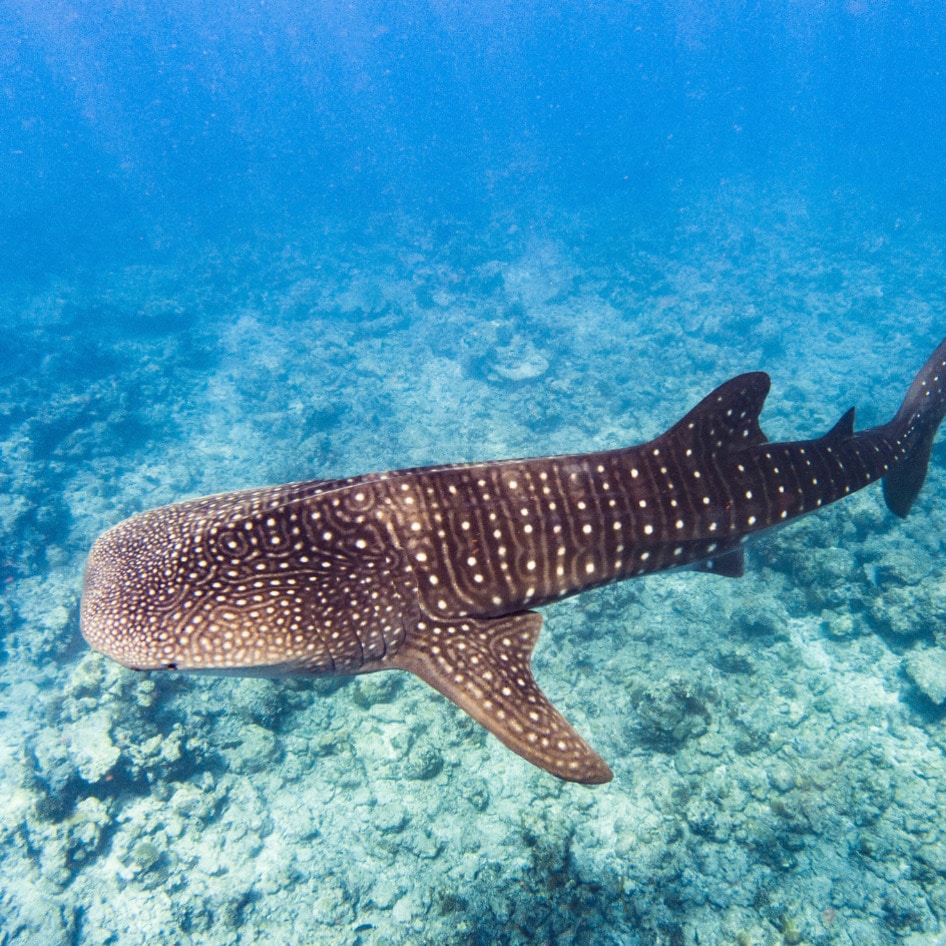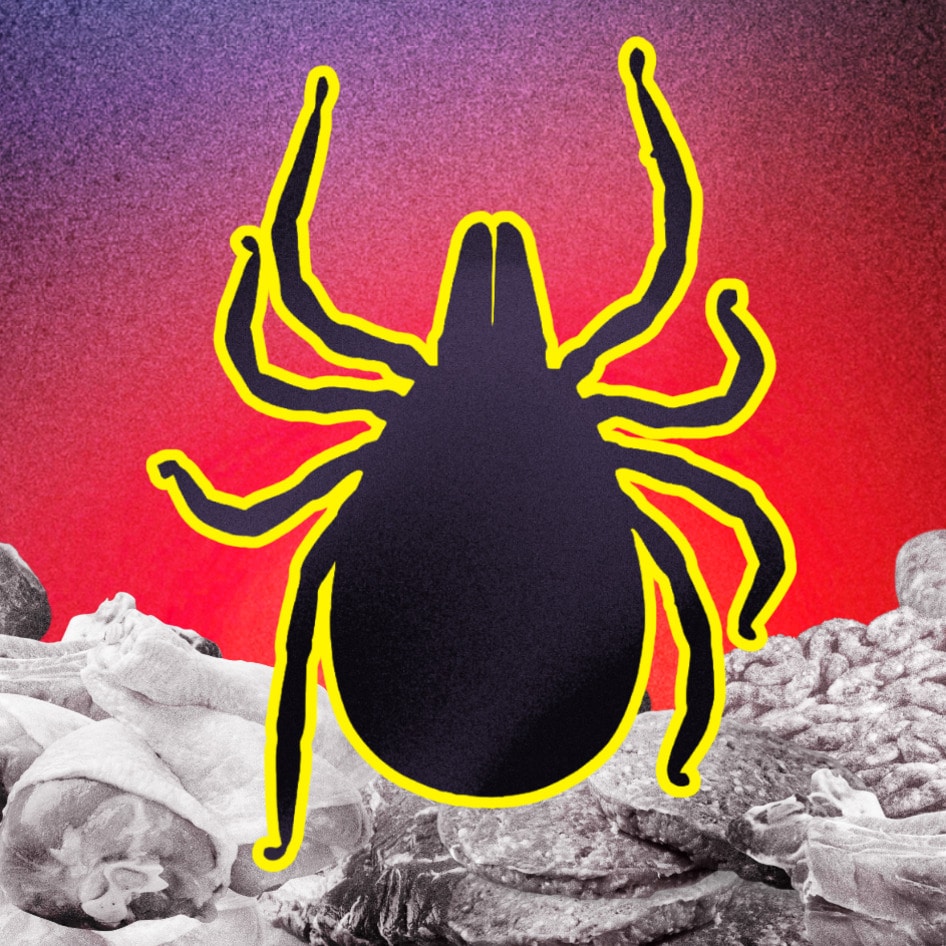Sashimi, nigiri, and other forms of raw fish are carrying 283 times more parasitic worms than they were in the 1980s, according to a new study led by researchers at the University of Washington. The study, called “It’s a Wormy World” and published in the scientific journal Global Change Biology, analyzed 123 published papers and screened a total of 56,778 fish from 215 species for Anisakis (herring worm) or Pseudoterranova (cod worm) parasites between 1978 and 2015 and found a significant 283-fold increase in Anisakis in the last 40 years. “This study harnesses the power of many studies together to show a global picture of change over a nearly four-decade period,” lead researcher Chelsea Wood said. “It’s interesting because it shows how risks to both humans and marine mammals are changing over time. That’s important to know from a public health standpoint, and for understanding what’s going on with marine mammal populations that aren’t thriving.”
Though the study didn’t identify a cause for the increase in these parasites, the researchers pointed to climate change and increased ocean pollution as contributing factors. The study also pointed out that these parasites can infect humans who eat raw, smoked, or undercooked seafood, causing nausea, vomiting, and diarrhea. In recent years, food companies such as Sophie’s Kitchen, Good Catch, and Ocean Hugger Foods launched fish-free seafood products in an effort to counter the harmful effects of fish farming to humans and ocean life. Last month, food technology startup BlueNalu announced that it raised $20 million to advance its mission to bring the world’s first cell-based fish meat to market.
JUMP TO ... Latest News | Recipes | Guides | Health | Subscribe







